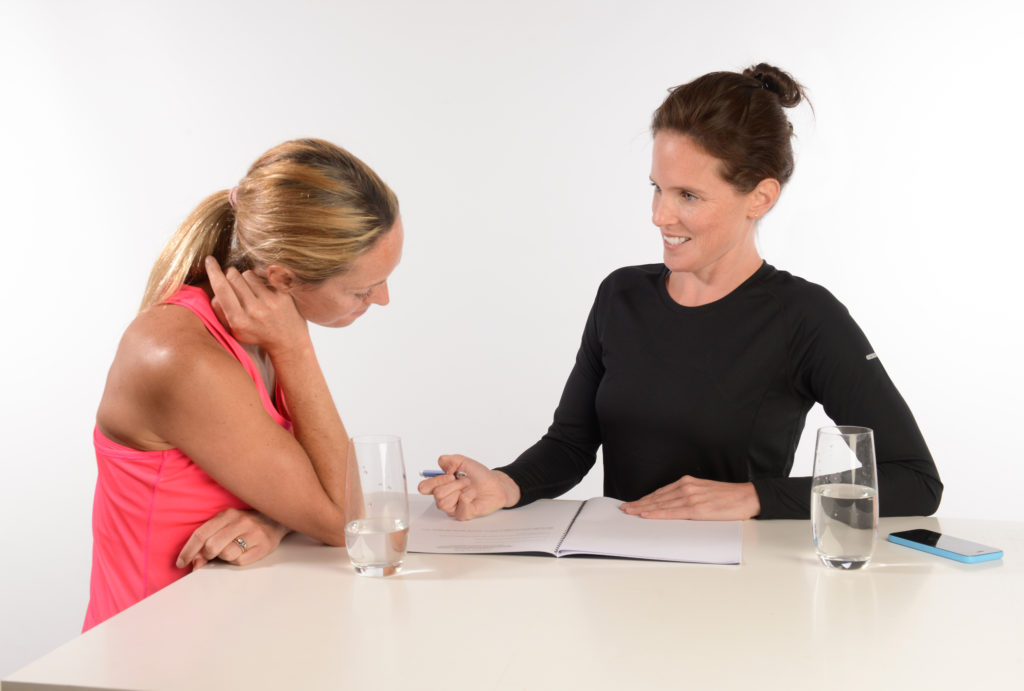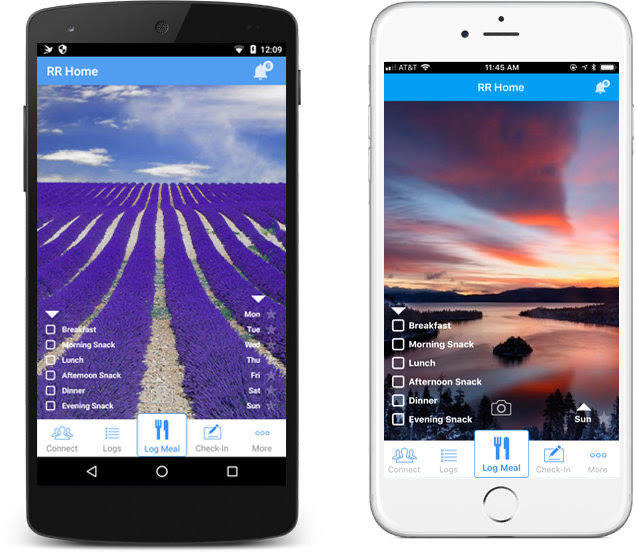
- Pay attention to your self-talk – are you being kind to yourself or is your line of thinking quite negative? When you look in the mirror are you scanning for flaws or noticing things you like about yourself? Journalling is a great way to assess this as often we’re not conscious of our inner critic chattering away all day. When you wake up in the morning or before you go to bed at night, write down your thoughts in a free-flow style, without editing them. Then, read it back and note how it makes you feel. If it doesn’t make you feel good then it’s likely that negative thinking is sabotaging your motivation to eat healthily, exercise or quit behaviours you’d planned to. Instead, at the end of each day try to note three positive things that happened, not matter how small.
- Get outside and exercise, even if it’s cold or raining! There’s technical clothing made especially for conditions like these. Fresh air and movement may lift your mood and put a spring back in your step. The sense of achievement will also bolster motivation. Exercise has been proven to help treat depression and if the sun is shining, it’s an excellent opportunity to absorb vitamin D. Our vitamin D levels are often very low during winter so we need to grab any opportunity we can.
- Start your day with a high-protein meal. Whether you choose to have breakfast at 8am or 12pm doesn’t matter. What’s important is the quality and composition of your meal. Having a decent amount of protein to break an overnight fast, will ensure your blood sugar level is stabilised and it will help you feel fuller for longer. Combining this with plenty of fibre from vegetables and some essential fat will further enhance this, for example, scrambled eggs with avocado and tomatoes. Add some carbs if you’re training hard, otherwise you can skip them and still feel perfectly energised.
- Make drinking water a high priority. Even just 1% dehydration is enough to affect performance in training or at work. Proper hydration helps concentration and focus and is essential for all bodily processes. Aim for 2-3 litres a day, less if you’re particularly small and more if you’re particularly active.
- Get enough sleep – this is non-negotiable if you want to feel motivated to exercise and eat well. It will also increase productivity. Let go of always being busy as a status symbol. It’s not cool to be so burnt out that you can’t be present for others and so busy working hard, that you don’t notice your waistline expanding.
- Try intermittent fasting – there is a lot of exciting research being done on this popular diet trend which is set to stick around. The benefits extend beyond fat loss to many other health indicators such as improved immune function, reduced inflammation and improved insulin sensitivity. Research shows that a process called ‘autophagy’ where the body clears up cellular debris, literally burning up material it identifies as waste or harmful to the body, is initiated after just 14 hours of overnight fasting. This is a great resource which explains more about the process https://www.bodyfast.de/
- Eat at regular intervals – whether you choose to eat smaller meals every 2-3 hours or larger meals every 5-6 hours is a personal choice. What’s important is a routine of nutritionally balanced meals which helps maintain steady energy levels and boosts concentration.
- Take a supplement – if you’re struggling for energy and feel your concentration is suffering, it may be worth taking a supplement whilst you adapt to a healthy diet. A well-balanced diet should provide these vital nutrients so taking a supplement like this, is kind of like an insurance policy to cover us https://www.togetherhealth.co.uk/products/b-vitamin-complex
- Do something relaxing – read, have a bath, meditate, take a yoga class, play with your children or pet, or simply talk to someone who makes you smile. During busy times, we often forget how important this part is or feel we don’t have time to relax. Like sleep, relaxation is non-negotiable. If we don’t make time to relax, then burn-out is much more likely at which point everything suffers.
- Tap into your creativity – what made you light up as a child? Some of my fondest memories were playing outside, making mud pies in the garden with my cat Lulu and arts and crafts with my Mum. What lights you up is not random and there’s a good chance you’ll still enjoy those things now, if you make time for them. Play is not a waste of precious time that could be utilised with something more productive. It’s an essential part of happiness.

I use a coaching app called RR which stands for ‘Recovery Record’ and help my clients stick to their nutrition plans with daily support. I realise it’s not always easy to implement the ten tips I’ve highlighted above. Change takes time and building healthy routines may seem daunting amongst work or family pressures. I’ve found that interacting with my clients daily via the RR app is highly effective in getting the results my clients want. As long as you’re prepared to fill in your diary each day, then I can take care of the rest.

Download the app for free and start logging your meals. If you like the format then get in touch so we can connect… https://www.thesportsnutritioncoach.com/specialist-nutrition-coaching


